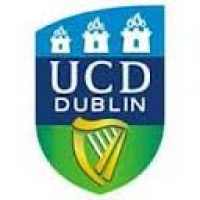
- About us
-
Courses
- Actuarial and Financial Studies BAFS (Hons)
- Agribusiness Management and food BAgrSc (Hons)
- Agricultural Science BAgrSc (Hons)
- Bachelor of Business and Law
- Bachelor of Commerce (BComm)
- Bachelor of Commerce (International)
- Bachelor of Science in Engineering (BSc)
- BAgrSc (Hons) Agri-Environmental Sciences
- BAgrSc (Hons) Animal & Crop Production
- BAgrSc (Hons) Horticulture, Landscape & Sportsturf Management
- BAgrSc (Hons) in Animal Science
- BAgrSc (Hons) in Animal Science – Equine
- BAgrSc (Hons) in Dairy Business
- BA(Hons)(Drama Studies)
- BA (Hons) in Archaeology
- BA (Hons) in Art History
- BA (Hons) in Celtic Studies
- BA (Hons) in Economics
- BA Hons in English
- BA (Hons) in English with Film
- Faculties
- Contacts

